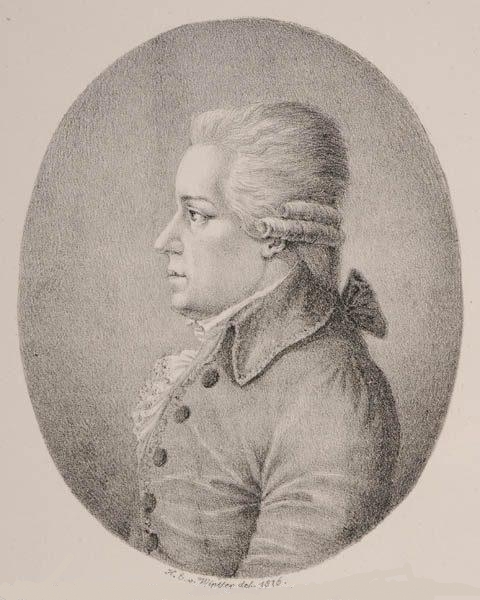About the year 1770, thirty-year-old Karl Ditters von Dittersdorf fell in love with a pretty eighteen-year-old ballerina during a voyage from Venice to Trieste. The dark-eyed Italian beauty had a charming face, a slender and well-proportioned figure, an irresistible sense of humor, and a bewitching accent.
When they arrived in Trieste, they continued their shipboard romance, dining together day and night. They continued the romance in Vienna, where the ballerina’s debut in a new work proved a sensation. Dittersdorf noticed that she beguiled sophisticated old men as well as young dandies. It gave him great pride and satisfaction to think that the charming beauty was as taken with him as he was with her.
Dittersdorf tried to keep the liaison secret, but couldn’t resist confiding in a close friend. The friend’s reaction startled him.
Stay informed on the latest news
Sign up for WPR’s email newsletter.
“Shame on you!” he said, “a man of thirty without a second to lose in your artistic career! And yet you hang onto a girl — and a girl like that — at the risk of your future, your health, and your honor! Take my advice. Be a man. Tear yourself away from the arms of that wicked enchantress. Shake yourself free from a degrading passion. Choose any court you want where you can make a living and stay there. Then marry a virtuous girl and have children. If you don’t, we part company.”
When he had calmed down, Dittersdorf decided to stop seeing the ballerina. A year and a half later he learned that she had had an affair with a wealthy count and had left him almost penniless. And when the Empress heard of the scandal, she had the ballerina arrested and carted bag and baggage to the Italian border.
Karl Ditters von Dittersdorf went on to become a major composer and was forever glad that he had ended his shipboard romance.
Wisconsin Public Radio, © Copyright 2024, Board of Regents of the University of Wisconsin System and Wisconsin Educational Communications Board.



